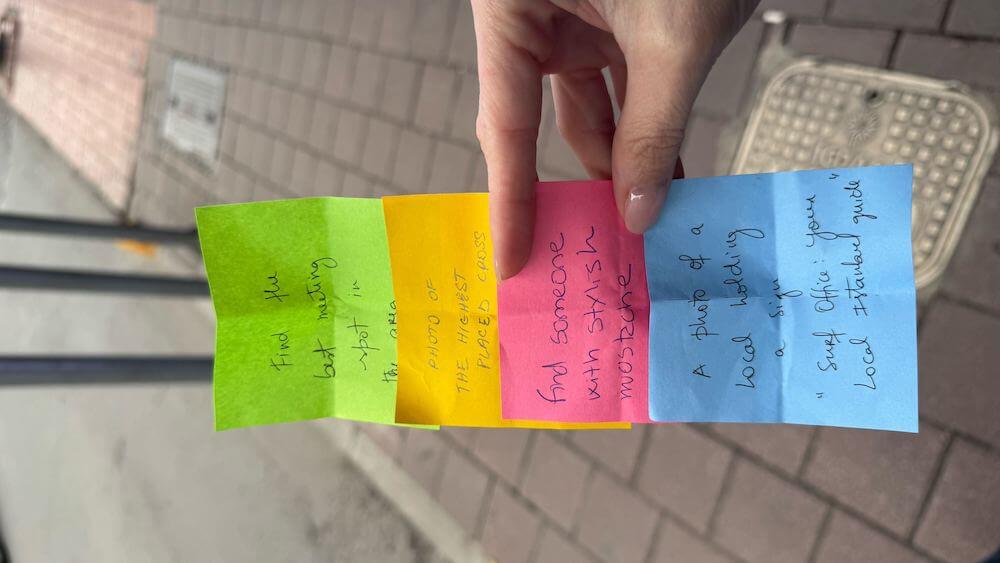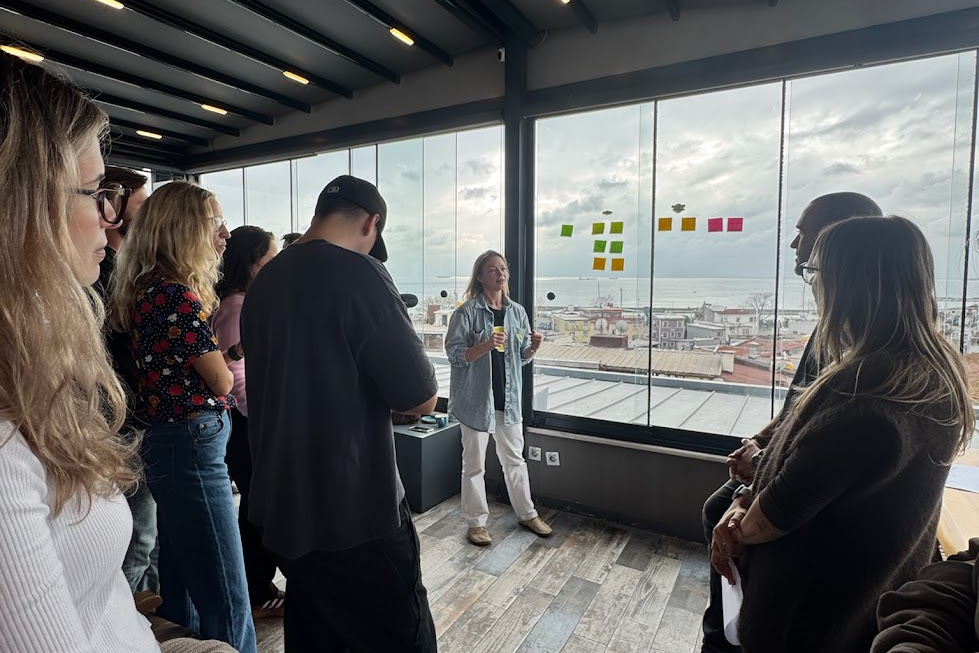


For remote teams, company retreats are some of the most important events in the year. The entire team gets together, sometimes from all over the world. It’s time to sit down, get some work done and do some great team building.
However, planning the perfect retreat is no easy feat, and it should not be taken lightly. Here are some tips based on our experience with many teams we had a pleasure to work with at Surf Office.
How many days should the retreat take?
This is arguably the most important question regarding any retreat. For a retreat to be successful, it needs to take at least two days, as one day should be spent off-site. However, the ideal number is between three and five days – if you have a larger, distributed team or if you need to focus on larger tasks.
You can go into full vacation mode if you can spare the time and expenses – we had teams staying for 2-3 weeks. For example, Wildbit suggest 7 days as the sweet spot, as it allows everyone to adjust and get to know each other, while still being productive. As 2 days are usually lost in commute, it works out to 5 days total.
Wildbit: "We’ve found that the sweet spot for retreats is 7 nights."
Precisely because of the travel time, the retreat can begin on Mondays, so no one has to travel during the weekend. Starting off on Wednesday and ending on a Sunday is also a pretty good setup.
The length of your retreat should also be closely related to where your team is flying in from. The more your team members have to travel, the more days should the retreat take.
At Surf Office, many of our clients set up retreats that take 7 days. They talk shop from Monday to Friday and they have optional free time during the weekend to explore and get some rest. This is exactly the schedule that the team from Zapier uses, as well.
How to structure the retreat
The best retreats are a blend of working and team building. There needs to be a balance between getting your hands dirty and having some fun with your team.
No matter how many days the retreat takes, always remember to leave enough free time for your team, especially between activities. Your team members will want to go sightseeing, call their loved ones, grab a couple beers or just sleep off the jetlag.
Speaking of jetlag, it will happen, especially if you have people coming in from overseas.
Creating a good balance
A successful retreat means a good mix of working and getting to know your team.
This may seem like a daunting task, but you can pull it off. For example, you can mix work and fun together. Teams in Lisbon like to start off their day working from the office in the morning, then going surfing after lunch and wrapping it up with some more work in the afternoon – with brainstorming sessions or presentations.
A general tip for creating a quick pace is to make plans for the early afternoon. This way, the entire team will be pushed to get as much work done by that time so that they can enjoy some fun activities and time together.
One of the best ways to create a great balance is to start off your retreat with a bang. Kick off with a hackathon on your first day (like Mattermost did) and you can spend the next few days developing the ideas that stemmed from it.
If you can’t get the team together in all occasions, one of the better ideas is to stay together during meal times. Try to have as many meals together as you can – it’s a great opportunity to bond.
Keep everyone in mind
Due to the nature of their job, some of your team members won’t be able to be there all the time. Those who work in sales or customer service will need to spend at least some time doing their daily tasks – unless you have someone working it for them, remotely or in the headquarters of your company.
Sure, you’re there to work and get to know each other, but why not use the time to get to know the city as well? Walking and exploring the location on foot is one of the best ways for teams to spend an afternoon off.
Besides the surroundings, your team can also connect with the locals. For example, Workday organized a meetup in Barcelona which turned out to be a proper social media success.
Examples of retreat schedules in Lisbon
Here are three examples of schedules of teams we have hosted in Lisbon:
Work & Play Long weekend (2-3 days)
Example: Talent.io
- Arrive in Lisbon on Thursday evening
- Friday work session at the office
- Brainstorming and development of plans, topped off by a party in the evening
- Saturday day trip to the beach, which includes surf lessons & a beach lunch
- Drinks along the harbour while enjoying the sunset
- Sunday morning brunch during work related presentations, followed by departure
Work week in Lisbon (5-6 days)
Example: Mattermost
- Bring the whole team to Lisbon for one week
- Break your normal lunch time routine and enjoy the local fresh fish, seafood and steaks
- Start the mornings off with brainstorming sessions for new projects and continue to develop ideas in the afternoon
- Explore Lisbon’s historic urban landscape during your free time
- Save one afternoon or the whole day on Saturday for a trip
Your office on steroids (7+ days)
Example: Elbstack
- Start your retreat off with an intense brainstorming session or hackathon
- Develop the best ideas over the next few of days
- Take this time to rebrand or start larger projects
- Live like local, and explore the genius Loci of Lisbon
Conclusion
To sum it up, the best retreats should be three to five days long, with a good balance of work and team building, while paying attention to each of your team members’ needs and desires.
Organize a retreat of your own
Do you want to ensure that nothing goes wrong with your remote team’s retreat? You can leave it up to us, while you sit back and relax, dedicating your time to working and team building.





















